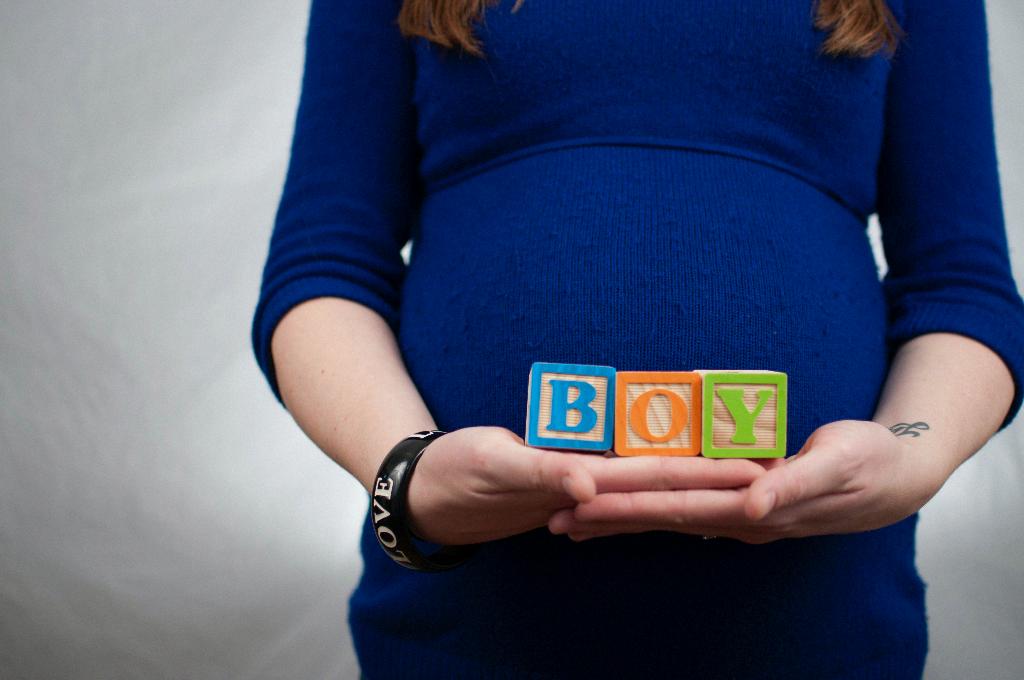When it comes to weight gain during pregnancy, each trimester presents different guidelines and considerations. In the first 25 weeks of pregnancy, the focus shifts to gradual, healthy weight gain to support the developing baby without putting undue stress on the mother’s body.
During the first trimester, which spans up to around 13 weeks, weight gain is typically minimal for most individuals. Factors such as morning sickness and changes in appetite can influence the amount of weight gained during this time. If you start pregnancy at a healthy weight, the general recommendation is to gain approximately 1 to 4 pounds in the initial few months. This modest gain is attributed to the early stages of fetal development and the adjustments the body undergoes to accommodate the pregnancy.
As the pregnancy progresses towards the 25-week mark, the pace of weight gain may intensify slightly. By the end of the second trimester, which concludes at around 26 weeks, a total weight gain of 11 to 20 pounds is typically considered within the healthy range for individuals starting at a normal weight. This increase reflects the growth of the baby, placenta, and amniotic fluid, as well as the expansion of the uterus.
It is important to note that weight gain recommendations can vary based on an individual’s pre-pregnancy BMI (body mass index). For those starting underweight, the target range for weight gain in the first 25 weeks may be higher, while individuals with overweight or obesity may be advised to aim for a lower range. Consulting with a healthcare provider can help determine personalized recommendations based on your specific circumstances.
Factors such as maternal health, dietary habits, and activity levels also play a crucial role in determining appropriate weight gain during pregnancy. Consuming nutritious foods that provide essential nutrients for fetal growth and maternal well-being is key. Incorporating a balance of protein, carbohydrates, healthy fats, and micronutrients can support both the baby’s development and the mother’s overall health.
Regular prenatal visits with healthcare providers offer opportunities to monitor weight gain and address any concerns or questions that may arise. These check-ups enable healthcare professionals to track the progress of the pregnancy, assess the growth of the baby, and provide guidance on maintaining a healthy lifestyle throughout the gestational period.
Physical activity, tailored to individual abilities and pregnancy stage, is another aspect that can influence weight gain and overall well-being during the first 25 weeks of pregnancy. Engaging in safe exercises and activities recommended by healthcare providers can help support cardiovascular health, muscle tone, and energy levels, contributing to a healthy pregnancy experience.
A balanced approach to weight gain in the initial stages of pregnancy promotes the well-being of both the expectant mother and the developing baby. By aiming for gradual, steady increases and paying attention to nutritional needs and physical activity, individuals can support a healthy pregnancy journey that lays the foundation for optimal maternal and fetal outcomes.
In conclusion, the first 25 weeks of pregnancy mark a critical period for gradual, appropriate weight gain to support the demands of fetal growth and maternal health. By following personalized recommendations, focusing on nutritious food choices, staying active within safe limits, and maintaining open communication with healthcare providers, individuals can navigate this phase with confidence and care.

